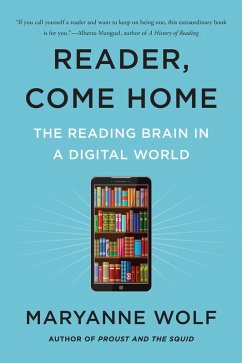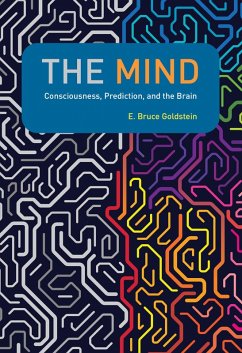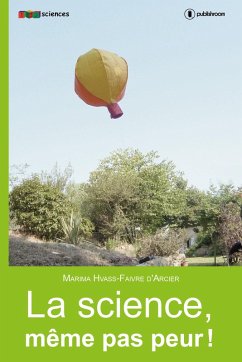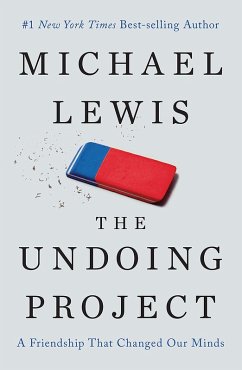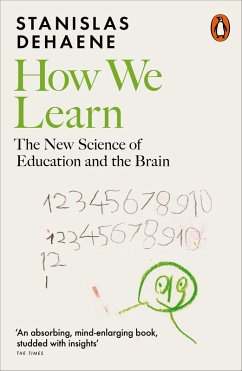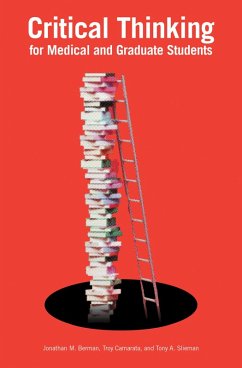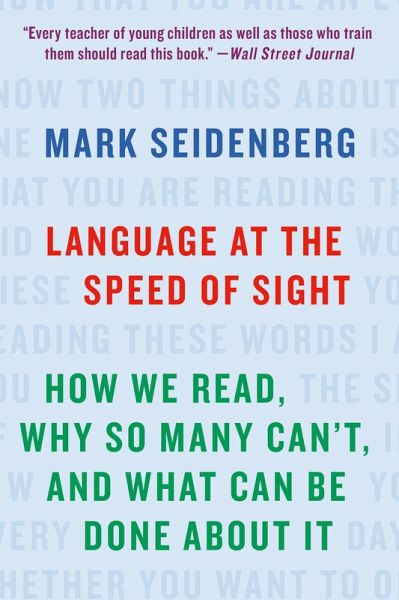
Language at the Speed of Sight (eBook, ePUB)
How We Read, Why So Many Can't, and What Can Be Done About It

PAYBACK Punkte
0 °P sammeln!
In this "important, alarming" (New York Times) book, see why so many American students are falling behind in their reading skills while others around the world excel. The way we teach reading is not working, and it cannot continue. We have largely abandoned phonics-based reading instruction, despite research that supports its importance for word recognition. Rather than treating Black English as a valid dialect and recognizing that speaking one dialect can impact the ability to learn to read in another, teachers simply dismiss it as "incorrect English." And while we press children to develop l...
In this "important, alarming" (New York Times) book, see why so many American students are falling behind in their reading skills while others around the world excel. The way we teach reading is not working, and it cannot continue. We have largely abandoned phonics-based reading instruction, despite research that supports its importance for word recognition. Rather than treating Black English as a valid dialect and recognizing that speaking one dialect can impact the ability to learn to read in another, teachers simply dismiss it as "incorrect English." And while we press children to develop large vocabularies because we think being a good reader means knowing more words, studies have found that a large vocabulary is only an indication of better pattern recognition. Understanding the science of reading is more important than ever--for us, and for our children. Seidenberg helps us do so by drawing on cutting-edge research in machine learning, linguistics, and early childhood development. Language at the Speed of Sight offers an erudite and scathing examination of this most human of activities, and concrete proposals for how our society can produce better readers.
Dieser Download kann aus rechtlichen Gründen nur mit Rechnungsadresse in A, B, BG, CY, CZ, D, DK, EW, E, FIN, F, GR, HR, H, IRL, I, LT, L, LR, M, NL, PL, P, R, S, SLO, SK ausgeliefert werden.




